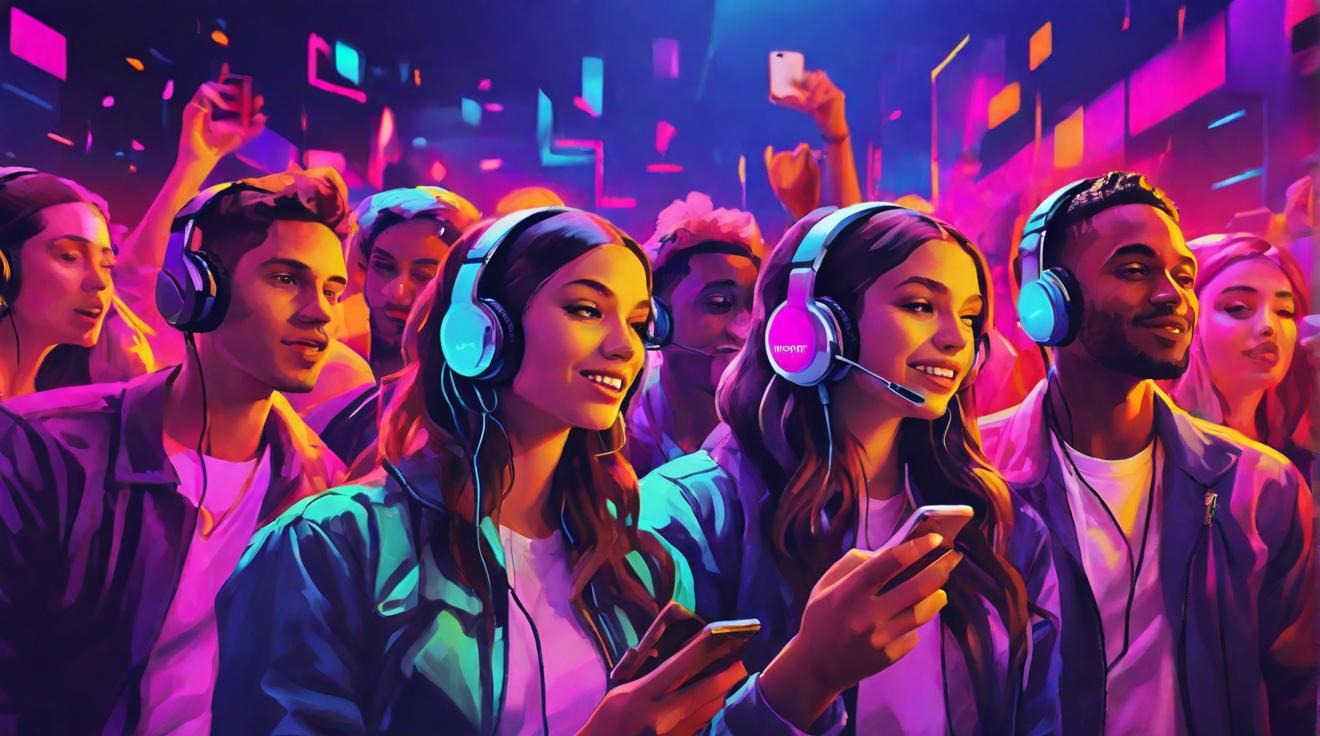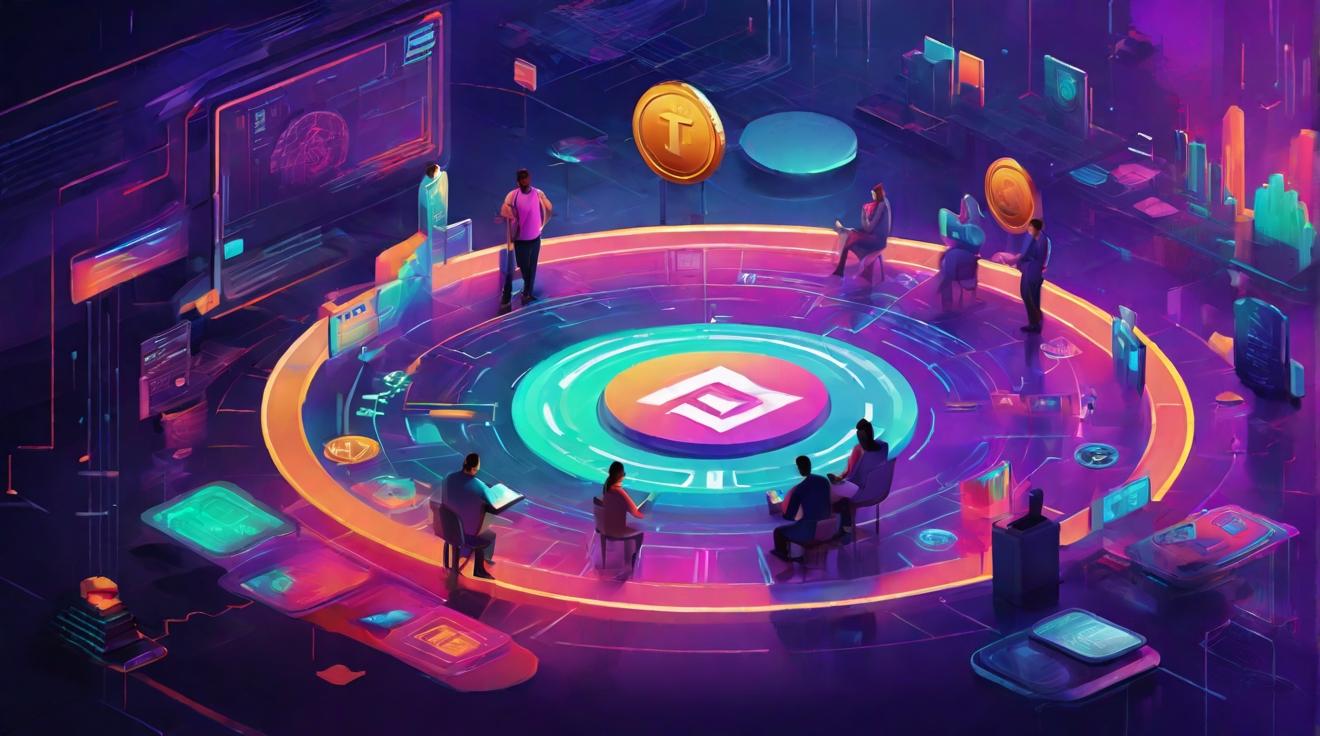The Social Revolution in Music Discovery: How Music League Challenges Algorithmic Monotony
In an era where streaming services and social media platforms dramatically influence how we discover and consume music, a fresh, communal approach is making waves through the music industry. Music League, a game that injects social interaction into music sharing, is rapidly gaining popularity for its unique take on music discovery, moving away from the algorithm-driven models of platforms like Spotify and TikTok.
At its core, Music League champions the idea that music is meant to be shared and discovered together, countering the isolating effects of modern music algorithms.
Breaking Free from the Algorithmic Echo Chamber
The personalized playlists offered by Spotify, characterized by their tendency to recycle listeners' preferences, encapsulate the industry's broader issue: a music discovery bubble that stifles exposure to new and diverse sounds. This echo chamber serves more of the same, from Nine Inch Nails to Whitney Houston, limiting listeners' musical explorations to what they already know and like.
Music League emerges as a breath of fresh air in this landscape, fostering a sense of community and shared musical exploration.
Music League: Reviving Social Discovery
Music League's approach is simple yet revolutionary. Participants in a league submit songs to a playlist based on a theme, making music discovery a group activity. This method reintroduces the social element of discovering music, much like the mixtapes and shared listening sessions of the past. The game has reintroduced fans to a variety of genres, from psychedelic rock to power pop, sparking interest in albums and artists that might have otherwise remained under the radar.
The platform's success lies in its ability to make music discovery an interactive, communal experience, contrary to the passive nature of algorithmic suggestions.
Beyond Algorithms: The Emotional Connection
Music League not only challenges the dominance of algorithms in music discovery but also reintroduces the emotional and communal aspects of music that streaming services often overlook. Group chats and discussions about song choices and the stories behind them add a layer of personal connection and enjoyment that algorithms cannot replicate.
Themes for playlists range from the whimsical to the nostalgic, encouraging creativity and a deeper, more meaningful engagement with music. This interaction brings back memories of crafting mixtapes, where each song selection was a deliberate and thoughtful process.
Music League's popularity underscores a growing desire for more personal, meaningful interactions with music beyond the confines of algorithms.
Conclusion: The Future of Music Discovery
While Music League may not single-handedly reverse the trend of algorithm-dominated music discovery, it represents a significant step towards reintegrating the social aspects of music that have been eroded by digital platforms. As the music industry continues to evolve, the success of platforms like Music League highlights the enduring value of community and shared experiences in discovering and appreciating music.
In a digital age characterized by isolation, Music League offers a compelling alternative for those seeking to break free from the algorithmic sludge and rediscover the joy of music through the lens of communal discovery.
Analyst comment
Positive
As an analyst, I predict that the market will see an increase in demand for communal music discovery platforms like Music League. This growing desire for more personal and meaningful interactions with music will continue to drive the success of such platforms, highlighting the enduring value of community and shared experiences in music discovery.













